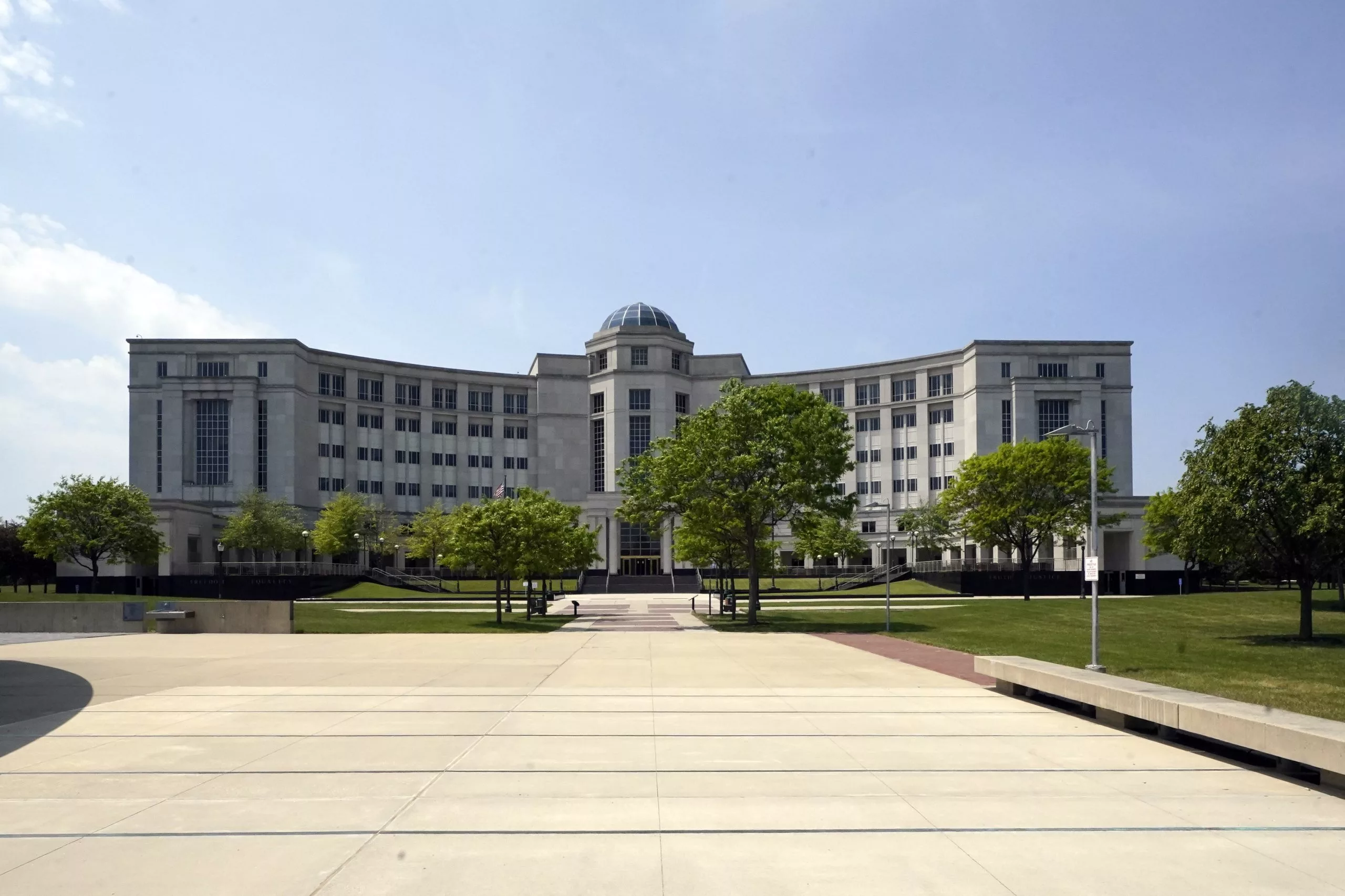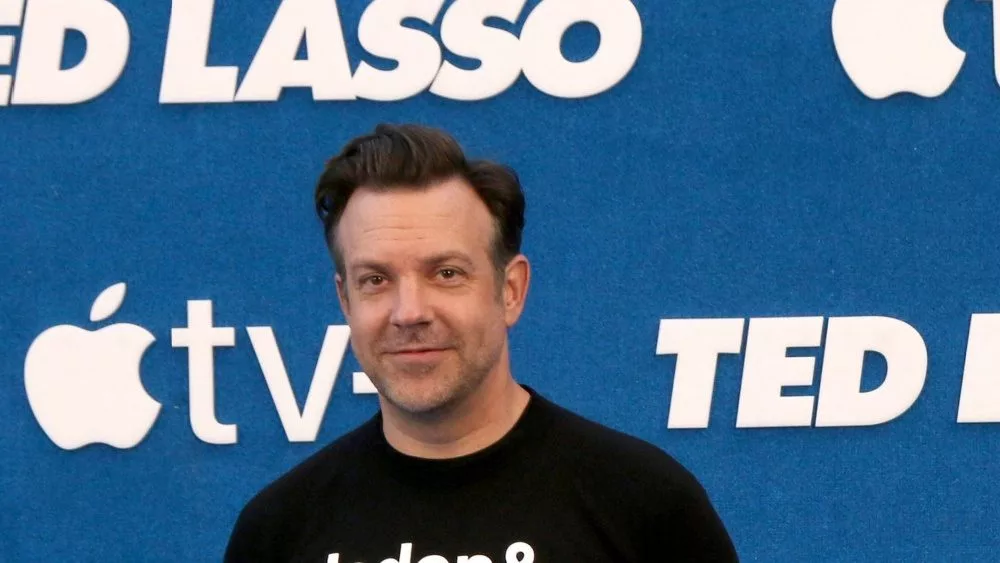LANSING, Mich. (AP) — The American Civil Liberties Union of Michigan has announced a multimillion-dollar investment into two races for the state Supreme Court, signaling the importance of the competition in the battleground state where control of the court is at stake.
The liberal-championing ACLU Michigan announced Thursday that it’s investing about $2 million into the races with seven weeks of statewide radio ads ahead of the November election. Political Director Merissa Kovach said messaging will largely focus on the candidates’ records on reproductive rights.
While Michigan voters enshrined abortion rights in the state constitution in 2022 — firmly cementing the right to abortion — Democrats and allies have still framed the state Supreme Court race through the lens of reproductive rights, saying the court could rule on the topic in the future.
Michigan’s state Supreme Court elections are technically nonpartisan, meaning candidates appear on the ballot without a party designation and straight-ticket voting does not count towards the races. However, candidates are nominated at state party conventions.
The ACLU supports abortion access and its legal enterprise challenges restrictions and bans around the country. While Kovach said the ACLU is not endorsing candidates in the Michigan races, the advertising will certainly benefit Democratic-backed Justice Kyra Harris Holden and law professor Kimberly Ann Thomas.
Bolden and Thomas will face Republican-nominated Judge Patrick O’Grady and state Rep. Andrew Fink, respectively.
The current court is controlled by Democrat-backed justices in a 4-3 majority. The ACLU’s ad campaign will also highlight decisions from the court in recent years that the left-leaning organization has applauded, as well as the four candidates’ records on other causes such as LGBTQ+ rights and voting access.
“We’re going to use our position here as a leading civil rights organization to educate voters on that impact of the Michigan Supreme Court,” Kovach said.
Kovach said the reservation from the ACLU Voter Education Fund is the first it has invested in the Michigan Supreme Court race. The political action committee is also putting about $300,000 into state House of Representative races.
Michigan Democrats say reproductive rights are still a major voter motivator in the battleground state and the state Supreme Court could interpret the 2022 constitutional amendment in future cases. A lower court judge blocked Michigan’s 24-hour waiting period for abortions earlier this summer.
Michigan Republicans, on the other hand, have framed the state Supreme Court elections as a race against government overreach from the Democratic trifecta, saying that the matter of abortion is settled in law with the constitutional amendment. Along with the state Supreme Court, Democrats in Michigan also control the House and Senate and elected a Democratic governor.
The 2022 abortion ballot measure helped drive Michigan Democrats to flip the state blue.
The Michigan Democratic party is also pouring ample resources into the high court races. The Michigan Advance first reported the party is spending more than $1 million in digital advertising and Bolden and Thomas are spending $1.5 million on a TV ad campaign.
According to the most recent campaign finance reports, Bolden and Thomas have outraised their counterparts by hundreds of thousands of dollars thanks in no small part to contributions from political action committees tied to labor unions and Democrat heavyweights like Gov. Gretchen Whitmer and Secretary of State Jocelyn Benson.
Scott Greenlee, former vice chair of the Michigan Republican Party and consultant in the races, said because the Democratic-nominated candidates had no challengers at the state convention, they are ahead in fundraising and spending. The Republican-nominated candidates faced opponents at their party convention in August.
“We are in catch-up mode,” Greenlee said.
State Supreme Court races have taken on new meaning in light of the U.S. Supreme Court’s June 2022 decision to overturn Roe v. Wade, shifting abortion policy to the states. Millions of dollars were spent in hotly contested races in Wisconsin and Pennsylvania the following year. Supreme Court races in Ohio and Montana are also expected to be heated because of potential rulings on abortion.
Brought to you by www.srnnews.com








